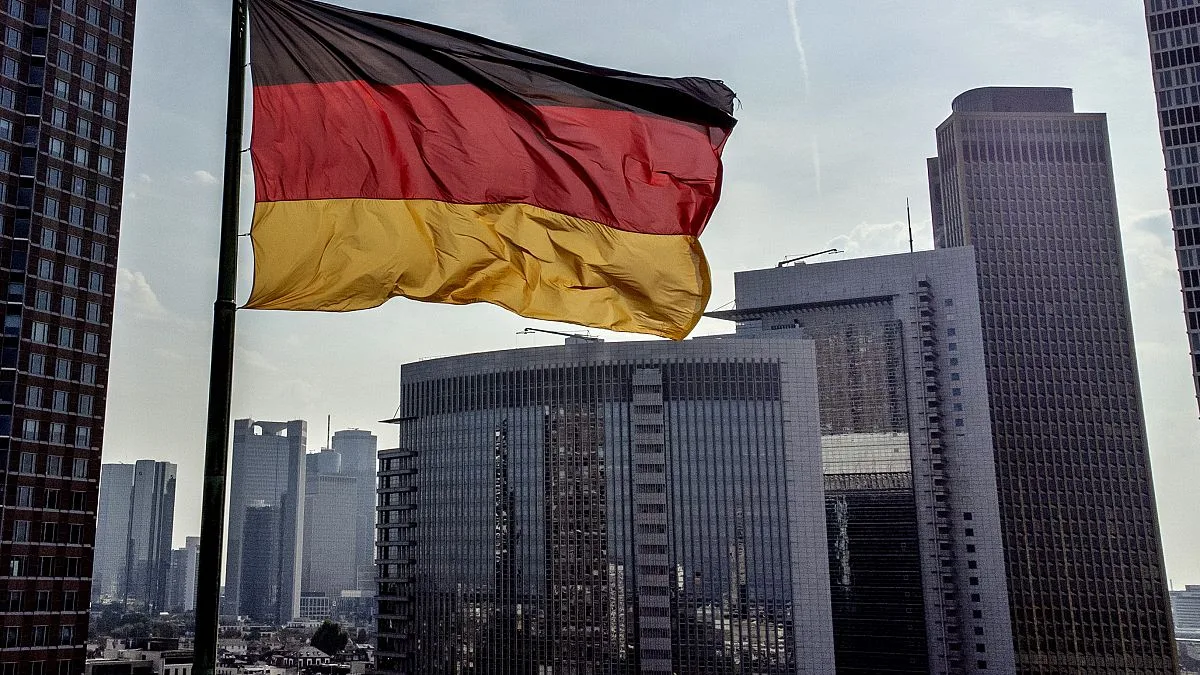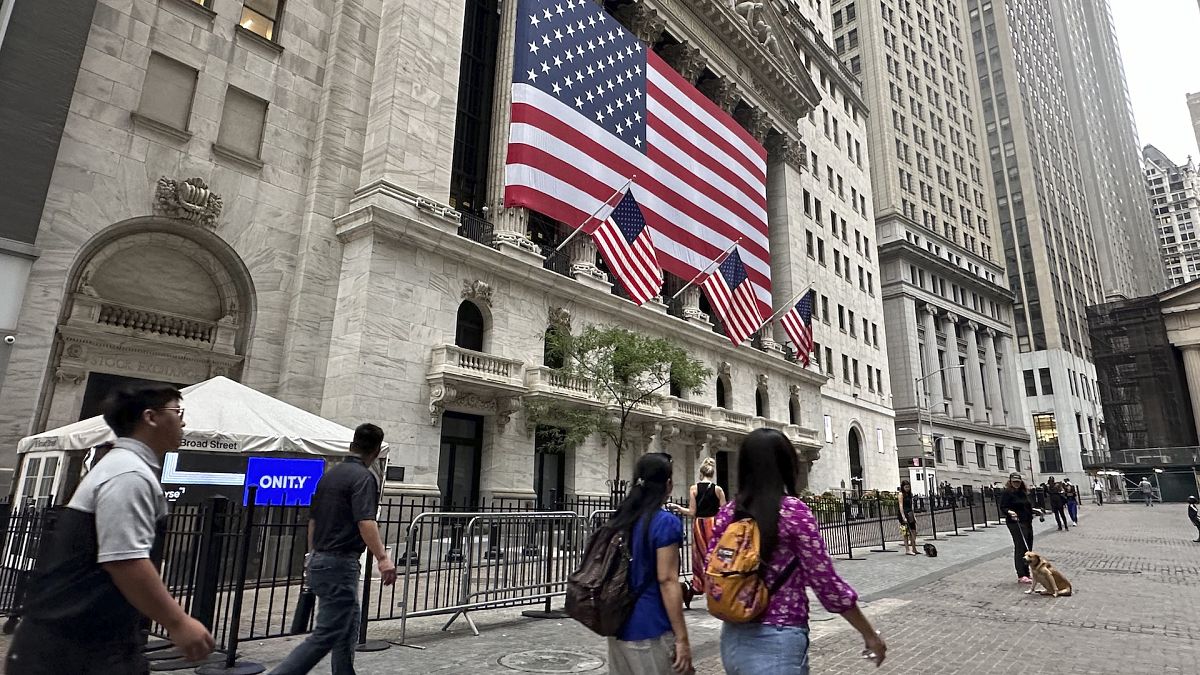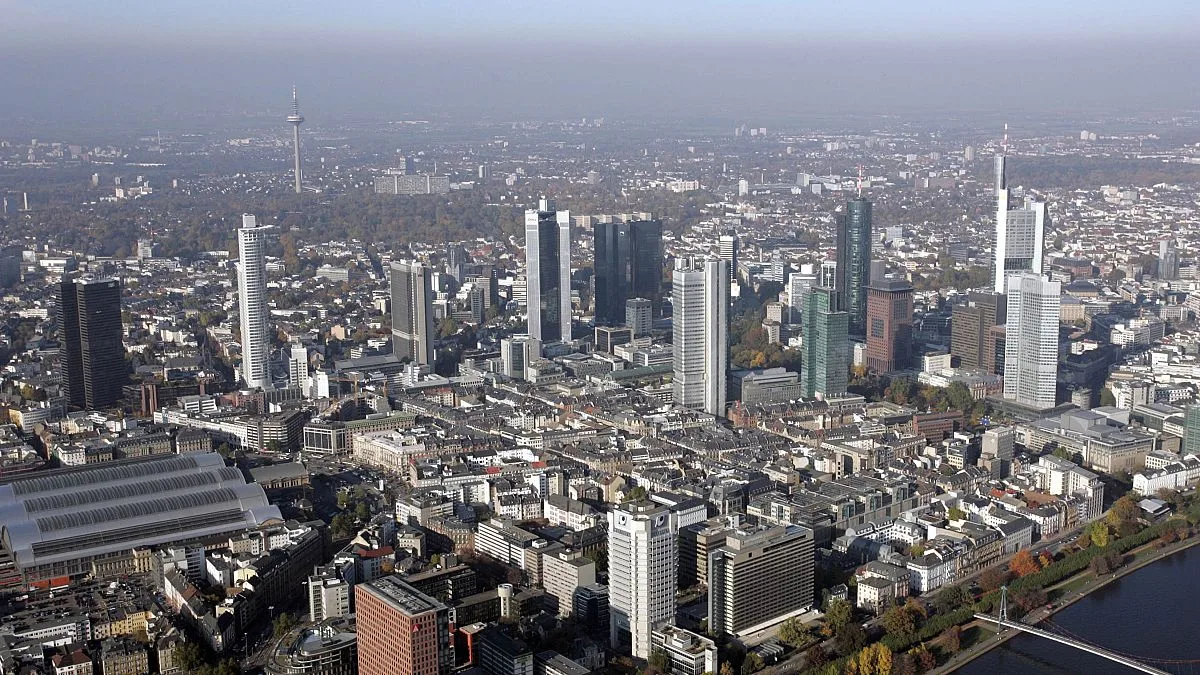The DAX index experienced a modest increase towards the end of the week, spurred by a rise in German business sentiment and encouraging private sector data that bolstered investor confidence. The Ifo Business Climate Index saw its first rise in six months, offering a glimmer of hope for the economic outlook.
On Friday, the German DAX index climbed by 0.2%, buoyed by growing investor optimism following signs of improved business sentiment in Germany, along with positive indicators from private sector activity surveys.
According to the latest data, the Ifo Business Climate Index—a key indicator of Germany’s economic confidence derived from around 9,000 business responses—increased to 86.5 in October, up from 85.4 in September, exceeding analysts’ expectations of 85.6 and marking the first increase in six months.
Business Sentiment Shows Signs of Recovery
The Ifo Institute for Economic Research, located in Munich, reported that German businesses are exhibiting more positivity towards their current situation, even as concerns about future prospects persist. “Sentiment among companies in Germany has improved, with greater satisfaction regarding present conditions,” stated Ifo President Clemens Fuest. He noted, “Expectations have turned more optimistic but still carry a level of scepticism. The decline in the German economy appears to have paused for now.”
Germany’s manufacturing sector, which has grappled with considerable challenges this year, shows indications of stability as firms become less pessimistic about future conditions. Although demand for orders is subdued, with capacity utilization dipping by 1.2 percentage points to 76.5%, there are early signs that the sector’s downturn may have halted. This percentage still remains significantly below the long-term average of 83.4%.
Meanwhile, the service sector reported notable improvements, with the Business Climate Index returning to positive territory, particularly in logistics, tourism, and IT.
Other sectors displayed a mixed landscape. The trade sector experienced a slight uptick in sentiment, yet satisfaction with current business conditions remains low. Conversely, the construction sector faced a more negative outlook as pessimism increased, despite a slightly more positive view of current conditions from businesses.
PMI Surveys Indicate Unexpected Strength
A recent release of the Flash Purchasing Managers’ Index (PMI) highlighted a quicker-than-anticipated growth in Germany’s services sector, alongside a slower decline in manufacturing activity for October.
However, the overall PMI Composite Output Index continues to signal contraction, revealing ongoing pressures on the German economy, attributable to high energy costs, intensified competition from China, and workforce shortages impacting the manufacturing sector.
“The services sector has resumed its critical role as a stabilizer for the overall economy,” noted Dr. Cyrus de la Rubia, chief economist at Hamburg Commercial Bank, suggesting this shift could symbolize “a light at the end of the tunnel” for German manufacturing.
Market Trends and Volkswagen Earnings Ahead
German stocks rallied slightly over the last two trading sessions, posting a 0.3% gain on Thursday and similar results on Friday.
Top performers of the day included Daimler Truck Holding AG, which surged by 3.9%, Siemens Energy AG with a 2.3% rise, and Puma SE, up by 2.2%.
Despite this uptick, the DAX remains down by 0.9% for the week, hovering about 1% below its recent peak of 19,675 points achieved the previous week.
Looking ahead, all eyes are on major corporate earnings announcements scheduled for next week, especially as Volkswagen AG prepares to disclose its quarterly results on 30 October.
Analysts project Volkswagen’s earnings at €3.85 per share, with revenues estimated at approximately €75.6 billion—this marks a significant decrease from the €7.76 per share and €78.85 billion revenues reported in the same quarter last year. The company’s shares have plummeted over 70% from their peak in 2021.
Photo credit & article inspired by: Euronews



